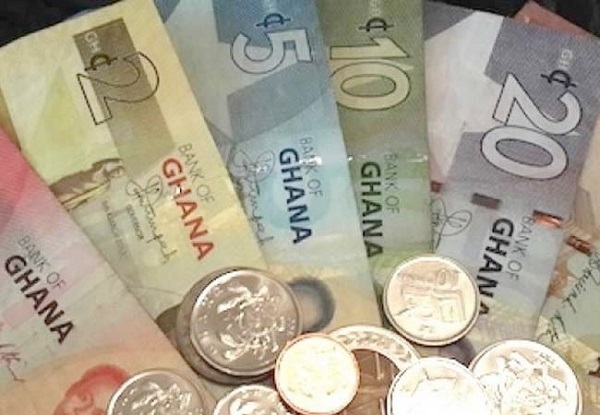
Can cedi coins save notes?
In the rush hours of one morning, I was greeted by a heated argument: "Change the money for me. I gave you nice money, and see what you have given me in exchange," requested a passenger.
"This is what I have. Someone also gave it to me. If you don't like, I don't know what to do," explained a bus conductor.
I guess many might have encountered same or witnessed similar happenings in one way or the other. The condition of the Ghana currency in public circles and market places is very worrying.
These are monies government, through the Bank of Ghana (BoG), spend huge sums of cash to print. How long would the Ghana Cedi, especially the notes, suffer poor handling? New notes are printed, and in no time, they are so old, weak and unpleasant to handle.
Gradually, the GH¢1 and GH¢2 notes are being replaced with coins. The GH¢5, GH¢10, GH¢20, GH¢50, GH¢100 and GH¢200 would only be in notes.
The very group of people who mishandled the one and two-cedi notes are going to have the GH¢5 as the least denomination, followed by the other denominations.
Advertisement
Soon, we may come back and ask what the matter is: the GH¢5, GH¢10, GH¢20, GH¢50, GH¢100 and GH¢200 notes will also suffer poor handling in the custody of bus conductors, hawkers, traders and the general public.
One beautiful national attitude was exhibited by Japan in the Qatar World Cup tournament.
Anytime Japan (spectators) went to the stadium, they picked rubbish after a match. Even when they lost the game or their country was not playing that day, they voluntarily kept the stadium spick and span. What a national training!
From the inference made, can't we, as a nation, start training ourselves in similar way, so as to protect our national currency notes? The central bank spends a lot of money in printing money - both the coins and notes.
Electronic means of transactions should be encouraged and even intensified.
Government should partner with the Oil Marketing Companies (OMCs) to offer special discounts or rewards to drivers who purchase fuel and pay electronically rather than in cash.
Advantage should be taken of our educational system. Since many people are in our schools - from pre-school to tertiary, proper ways of handling money should be added to Financial Literacy training.
The Education Ministry, through the Ghana Education Service, may encourage schools to patronise electronic means for collection of their funds to reduce cash handling.
The BoG should roll-out initiatives to partner with the religious bodies to educate their members, since they gather hundreds and thousands of them from Friday to Sunday.
The culture of using purse and wallet should be cultivated and practiced by leaders, to serve as example to the citizenry.
The "respect" accorded foreign currencies like dollar, pound, and euro should be given to our Ghana cedi; notes and coins.
Bus conductors, hawkers and traders should be enforced to use aprons with pockets, bags or big purses where electronic transactions are not available or possible and cash is received.
Churches should educate their members to use envelopes and offering bags or baskets for cash collections.
Folding and pressing monies hard in the hands should be discouraged. Failure to take pragmatic measures now would soon see the GH¢100 and GH¢200 Cedi notes in bad state as the GH¢1.00 and GH¢ 2.00 notes.
Save the Ghana Cedi today!
Richard Amoako-Sey
Child Worker & Courtesy Coach, Accra.
E-mail:amoakoseyrichard90@gmail.com
